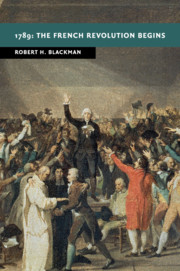A commonly proffered theory to explain the use of elections in authoritarian regimes is that they help identify talented young leaders who can be groomed for leadership positions. Unfortunately, due to the difficulties of obtaining data in authoritarian settings, this hypothesis has not been tested satisfactorily. We examine candidate-level data from the 2007 Vietnamese National Assembly (VNA) election and subsequent selection of candidates for top positions within the VNA and for top ministry positions. We find no evidence that vote share is associated with promotion to leadership positions in the VNA and only limited evidence for vote share association with ministerial posts. Instead, the results indicate that leadership selection takes place within the party rather than through elections. Furthermore, behavior within the assembly suggests that those who were chosen may have been selected based on their loyalty or at least pliancy to the party elites.
